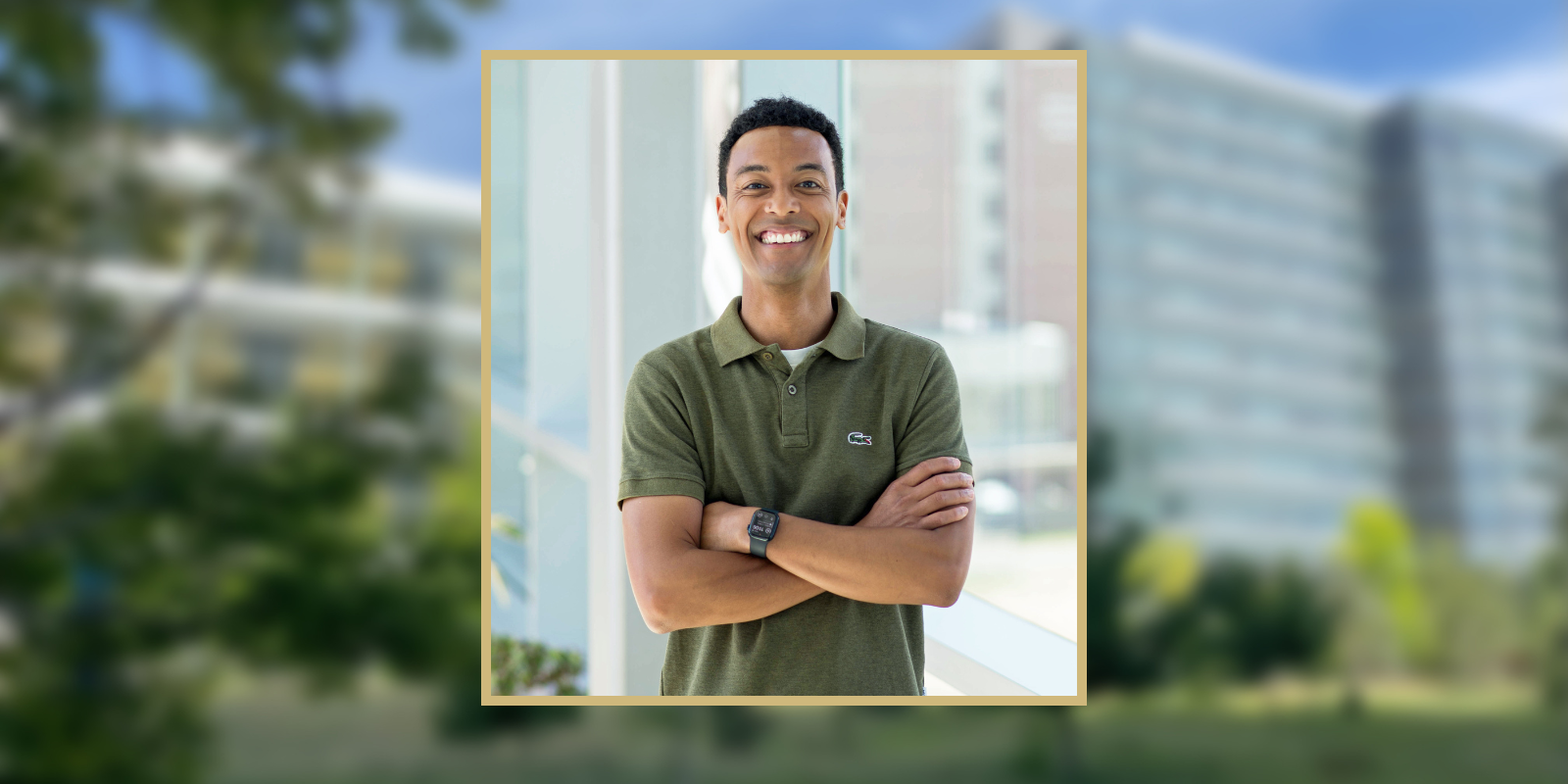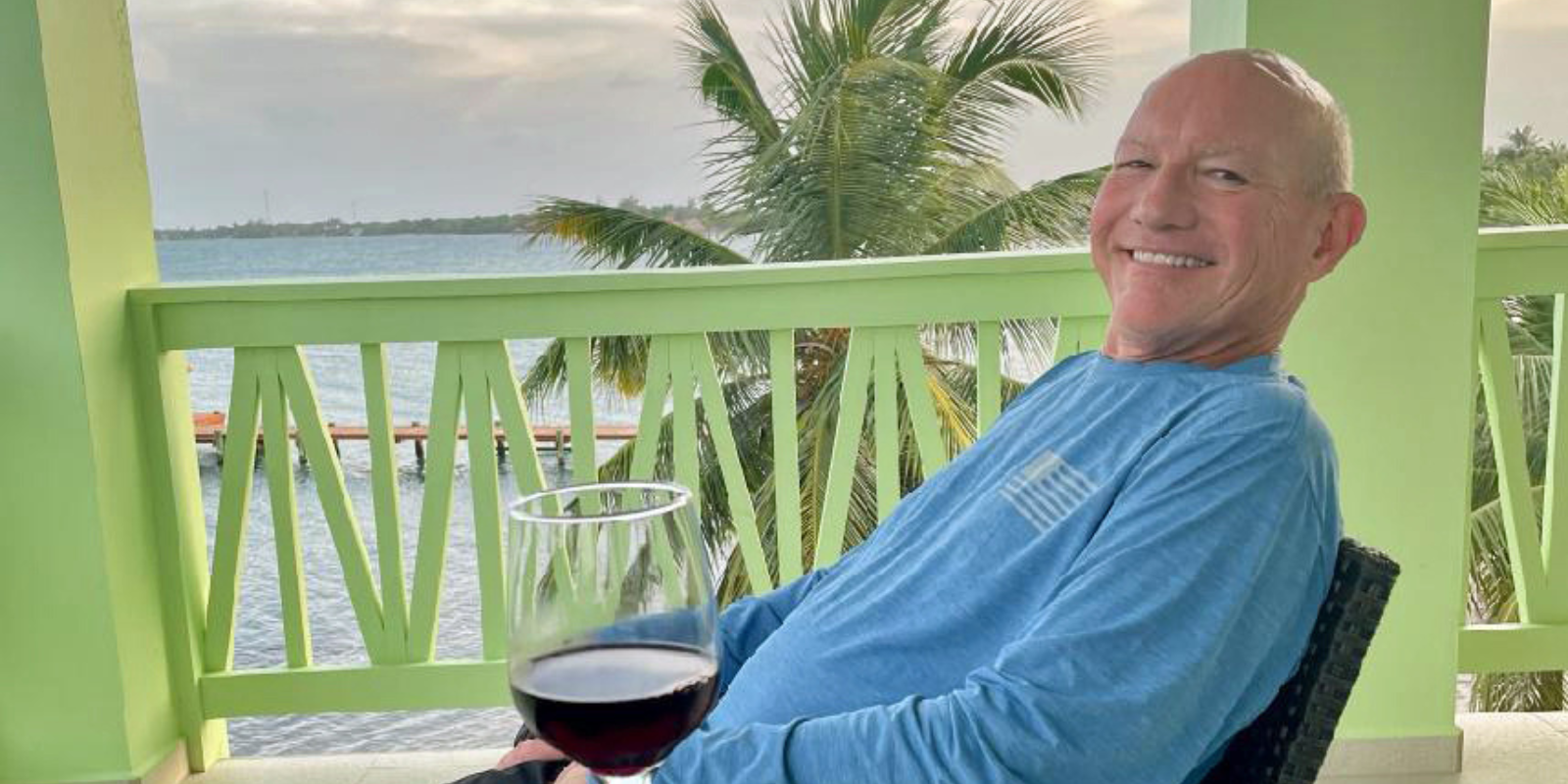
If Nancee Pronsati had been diagnosed with stage IV ALK-positive lung cancer a decade ago, her years of life expectancy would have been measured with fewer fingers than it takes to make a peace sign. But due to advances in genetically targeted therapies, many driven by research and testing at University of Colorado Cancer Center, Nancee is 3.5 years out from diagnosis and doing well. In honor of November’s Lung Cancer Awareness month, Nancee and her husband, Paul, are giving back to CU Cancer Center research programs that are developing the next generation of treatments against ALK-positive lung cancer.
“I was diagnosed when living in New York City and started treatment at Memorial Sloan Kettering,” Nancee says. “But my thoracic oncologist there knew I was from Denver and encouraged me to come home for treatment due to the incredible researchers and doctors here.”

In fact, CU Cancer Center has become an internationally recognized leader in the treatment of lung cancers driven by specific genetic alterations. The gene ALK is one of these alterations – when it becomes accidentally fused together with a partner called EML4, the resulting ALK-EML4 fusion gene makes the blueprint for a cancer-causing protein. CU researchers including D. Ross Camidge, MD, PhD, and Robert C. Doebele, MD, PhD have been at the forefront of testing drugs that silence the action of ALK, leading to FDA approvals for drugs like crizotinib, alectinib, brigatinib, and lorlatinib.
“I’m very active in a social media group for ALK-positive lung cancer patients, and everyone knows that Dr. Camidge is one of the only choices for a second opinion. It’s just accidental where I live. It’s been amazing to hear people from all over the country talking about the treatment here in Colorado,” Nancee says. (Many lung cancer patients access these second opinions without traveling, through CU Cancer Center’s Remote Second Opinion Program.)
One of the people Nancee and Paul met through their involvement with Denver’s ALK-positive community is Emily Daniels, also a patient of Dr. Camidge.
“Emily live near each other and walk together sometimes,” Nancee says.
During her treatments, Emily has worked with University of Colorado to set up a fund specifically supporting ALK-positive lung cancer research, along with the annual Links for Lungs golf tournament to raise for the fund (2019 sold out quick! Keep your eyes peeled for 2020). This November, Nancee and Paul decided to infuse another $100,000 into Emily’s fund for ALK-positive cancer research.

“Paul and I decided to donate to that part of the Lung Cancer Colorado Fund primarily because we liked the idea of all of the ALK-designated donations being consolidated as much as possible,” Nancee says.
“Seeing what Dr. Camidge and his team were able to do when Emily’s life was hanging in the balance – they were able to move with agility and creativity, and basically save her life – that’s a really compelling story,” Paul says. “The same thing could happen to Nancee. These targeted therapies don’t work forever, and when you see the team’s track record in figuring out what to do next, on the fly, to save that person’s life, that’s proof that our contribution is going to the right place.”
In addition to laboratory work, the fund supports the development of investigator-initiated clinical trials, a special class of clinical trial based on a researcher’s own findings or observations. Unlike trials sponsored by large pharmaceutical companies, investigator-initiated clinical trials tend to be nimble, moving promising treatment hypotheses quickly from pre-clinical testing directly into hospital settings where they can benefit patients.
“Dr. Camidge’s team is able to act quickly if they have an idea – combining existing drugs or testing some new theory – and that’s exciting for us. With a terminal disease, you want to move quickly, at the same time these other more measured approaches are being funded by drug companies,” Paul says.
In addition to skiing and craft breweries, Denver has become known for its community of researchers, doctors, and patients focused on the genetic alterations that drive lung cancer.
“These are people who are fighting for their lives every single day and they’re not just talking about it, they’re doing things. You feel a measure of pride in the community. The ferocity and passion, it’s cool,” Paul says.
It’s the ferocity and passion of people like Nancee and Paul Pronsati that will help to ensure that new treatments against the disease continue to come from Colorado.


.png)
